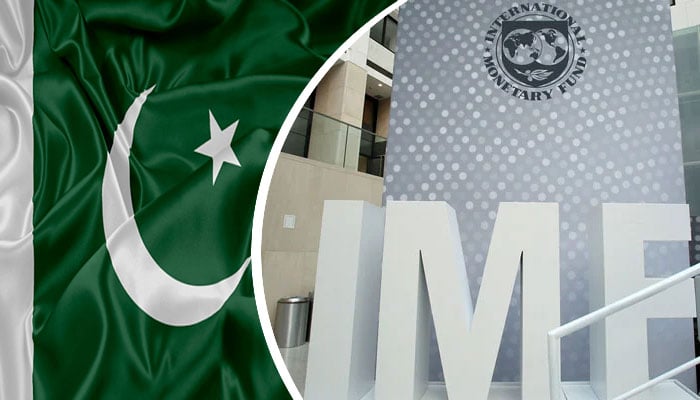An International Monetary Fund (IMF) mission is set to visit Pakistan in early May 2025 to finalize the budget for fiscal year 2025-26, which will include key discussions on taxation measures and expenditure cuts, according to a report by The News. While the exact dates for the visit are still pending, the mission will focus on reviewing Pakistan’s upcoming budgetary framework.
Earlier this week, the IMF and Pakistan reached a staff-level agreement on the first review of the country’s economic program under the Extended Fund Facility (EFF), as well as a new arrangement under the Resilience and Sustainability Facility (RSF). This agreement paves the way for continued support from the IMF to help stabilize Pakistan’s economy.
In related news, the IMF has revised Pakistan’s tax collection target for the current fiscal year, reducing it from Rs 12,970 billion to Rs 12,334 billion. The Federal Board of Revenue (FBR) is facing difficulties in meeting its March 2025 target, with estimates suggesting a shortfall of Rs 100 to Rs 150 billion. The FBR had set an ambitious target of Rs 1,220 billion for March, but it now seems unlikely to meet this goal.
Looking ahead, one of the biggest challenges for the government will be setting the FBR’s revenue collection target for the next fiscal year. The IMF’s original forecast for FY2025-26 was Rs 15,070 billion, but given the reduced target for this year, the goal for next year may be adjusted to Rs 14,500 to Rs 14,600 billion. Even with a modest growth rate of 10 to 11 percent, the FBR’s tax collection could reach Rs 13,600 billion. The government will need to identify new sources to raise an additional Rs 1,000 to Rs 1,200 billion to meet its revenue targets.
Prime Minister Shehbaz Sharif recently praised Pakistan’s economic team for securing the IMF agreement, which includes both the $1.3 billion RSF and $7 billion under the EFF, bringing the total financial support to $8.3 billion. He acknowledged the sacrifices of the public, especially salaried workers, who have contributed significantly to tax collection efforts during this period. The Prime Minister also emphasized the importance of peace and counterterrorism measures for the country’s overall growth and development.
In an additional move, Finance Minister Muhammad Aurangzeb announced that Pakistan may issue Panda Bonds in Yuan this year to tap into China’s capital market, aiming to diversify the country’s bond portfolio beyond US dollars and Euros.
The IMF’s support continues to play a critical role in Pakistan’s economic stabilization, though significant challenges remain in meeting revenue targets and managing fiscal policies in the coming year.
















